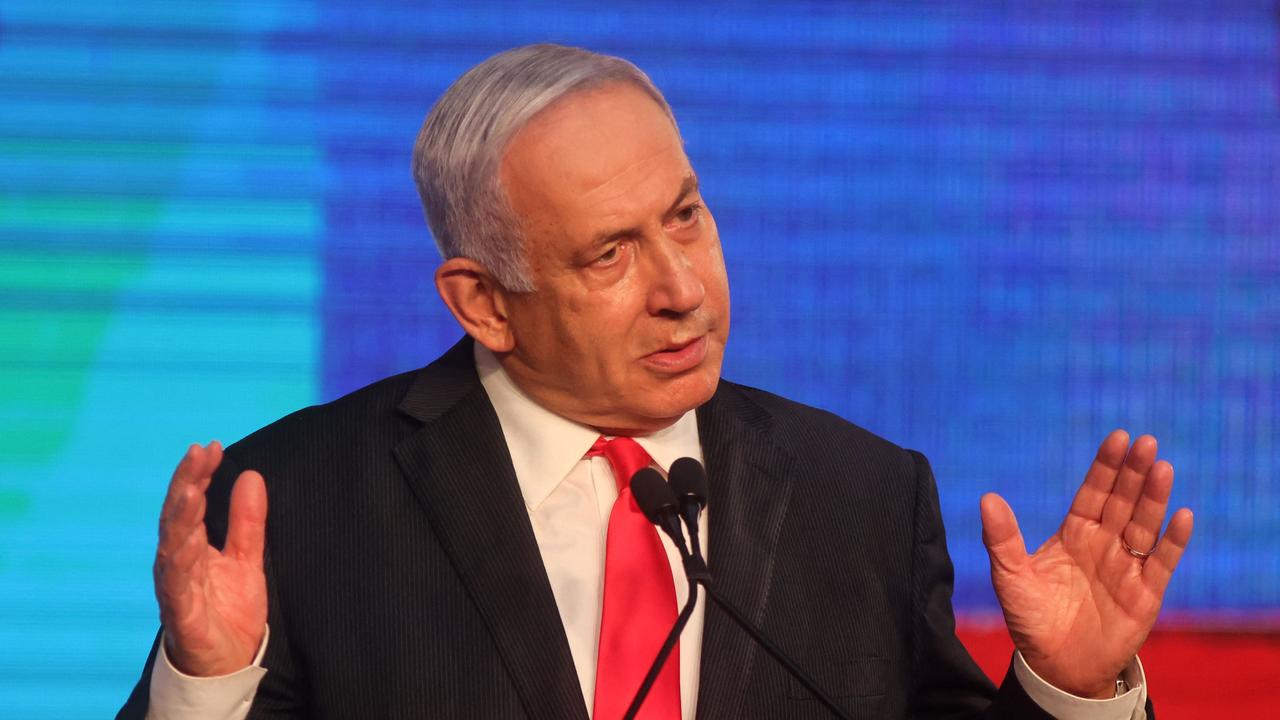After four elections in two years, Israel faces another long stretch of uncertainty as Prime Minister Benjamin Netanyahu searches for a way to stay in power following this week’s inconclusive vote, potentially damping the country’s recovery from the Covid-19 pandemic after a successful vaccination campaign.
Tuesday’s vote appeared to leave Mr Netanyahu without a clear path to return as prime minister, prompting him to look for a range of potential coalition partners, possibly including one of Israel’s Arab parties. His rivals, divided by ideology and their own personal ambitions, aren’t faring much better.
His Likud party is on track to win some 30 seats in the 120-member Knesset, making it the largest group in the Knesset and the upper hand in forming a coalition, according to Israel’s Elections Committee, which has tallied about 88 per cent of the vote. A final count is expected to be released later this week and the seat tally could shift.
It could take weeks if not months to stitch together a new government, however, leaving many voters, politicians and commentators worrying about what it would take to break the stalemate, and how it might damp Israel’s efforts to bounce back from the coronavirus crisis after the country rolled out the world’s most extensive Covid-19 vaccination program.
“I don’t know if it’s broken, but something isn’t working,” said Avigail Katz, 26, from Jerusalem. She said she voted for the left-wing Meretz party this time after the centre-left Blue and White party failed to oust Mr Netanyahu in the previous three elections and joined his government instead.
“I will vote again, but I really wish we won’t have to,” Ms Katz said.
Read the article by Felicia Schwartz in The Australian.

